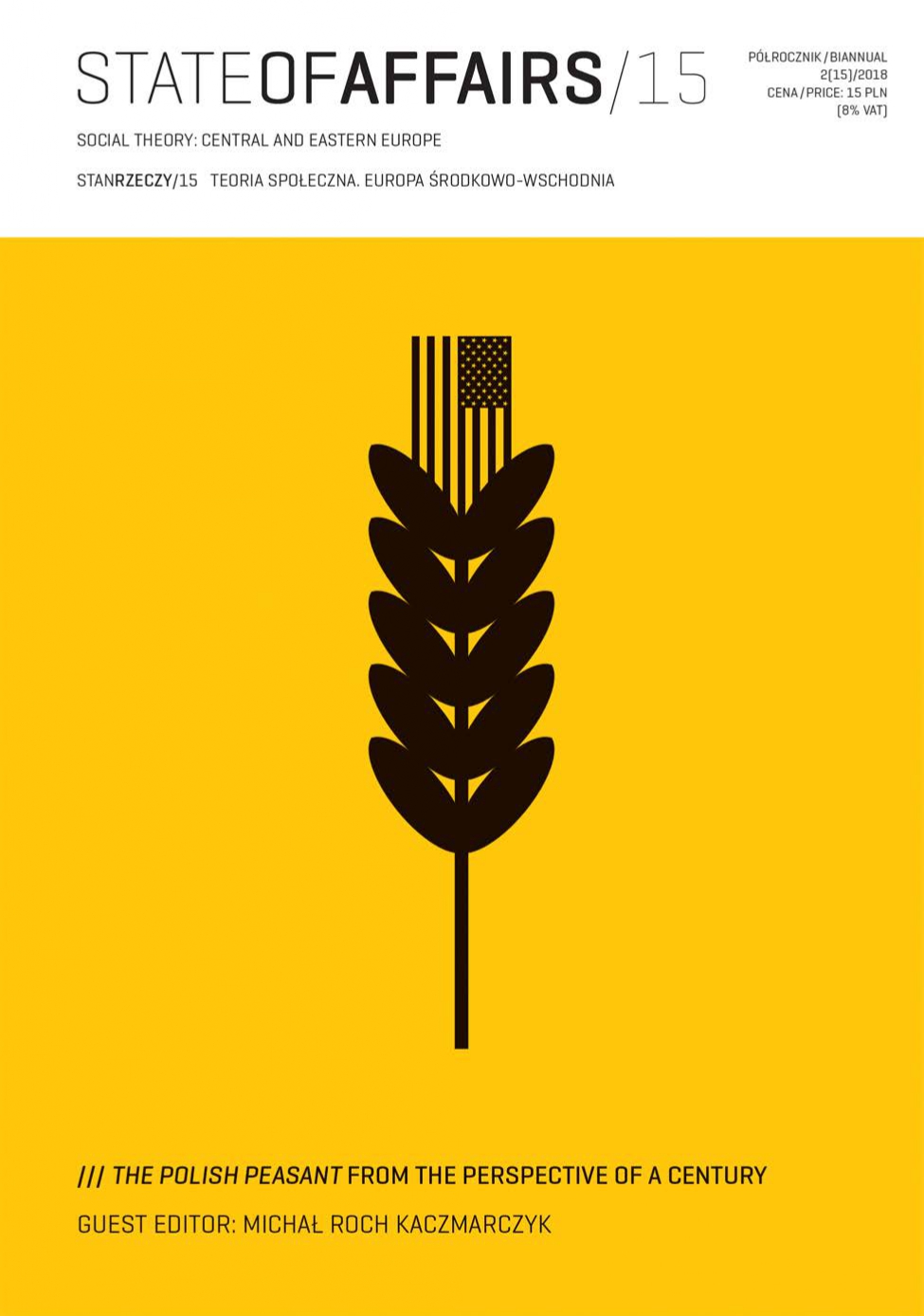Gender, Families, Social Change, and the Rural–Urban Discourse
Gender, Families, Social Change, and the Rural–Urban Discourse
The Polish Peasant in Europe and America as a Study of Fears and Fantasies Related to Modernisation
Author(s): Sylwia UrbańskaSubject(s): Social Sciences, Gender Studies, Sociology, History and theory of sociology, Rural and urban sociology
Published by: Wydział Socjologii Uniwersytetu Warszawskiego
Keywords: ruralism;gender;family;modernisation;moral panics;rural-urban discourse;
Summary/Abstract: The aim of this article is to reread The Polish Peasant in Europe and America as a representation of the fears and modernisation fantasies of its era. I analyse the patterns of gendered family relations and ideals of femininity and masculinity constructed by Thomas and Znaniecki within the framework of rural–urban discourses. As I will show, in The Polish Peasant we find huge contradictions between the liberal and conservative perspectives presented. On the one hand, the authors introduce the concept of “organisation – disorganisation – reorganisation,” which is supposed to be scientific and thus non-ideological. On the other hand, the authors’ patterns of interpreting empirical data show numerous gender bias and patriarchal schemes. As a result, the authors create an opposition in which whatever is rural is the cradle of authenticity, of naturalised national and gendered family values, and whatever is urban is dangerous and demoralising due to escaping the former strong rural social control. In The Polish Peasant the authors thereby construct the “morally healthy” model of a national and patriarchal rural community of families untouched by individualisation and women’s emancipation. Such a model had a patriarchal division of gender roles within a religiously devout, strong (meaning indissoluble), multi-generational family. In The Polish Peasant we can find both a nostalgia – which was typical of its era – for a “pre-modern,” rural, conservative civilisation, and worry about the moral health of women in the urban world. However, it is an ambivalent nostalgia accompanied by a conviction of the inevitability of social change.
Journal: Stan Rzeczy
- Issue Year: 2018
- Issue No: 15
- Page Range: 111-139
- Page Count: 29
- Language: English

